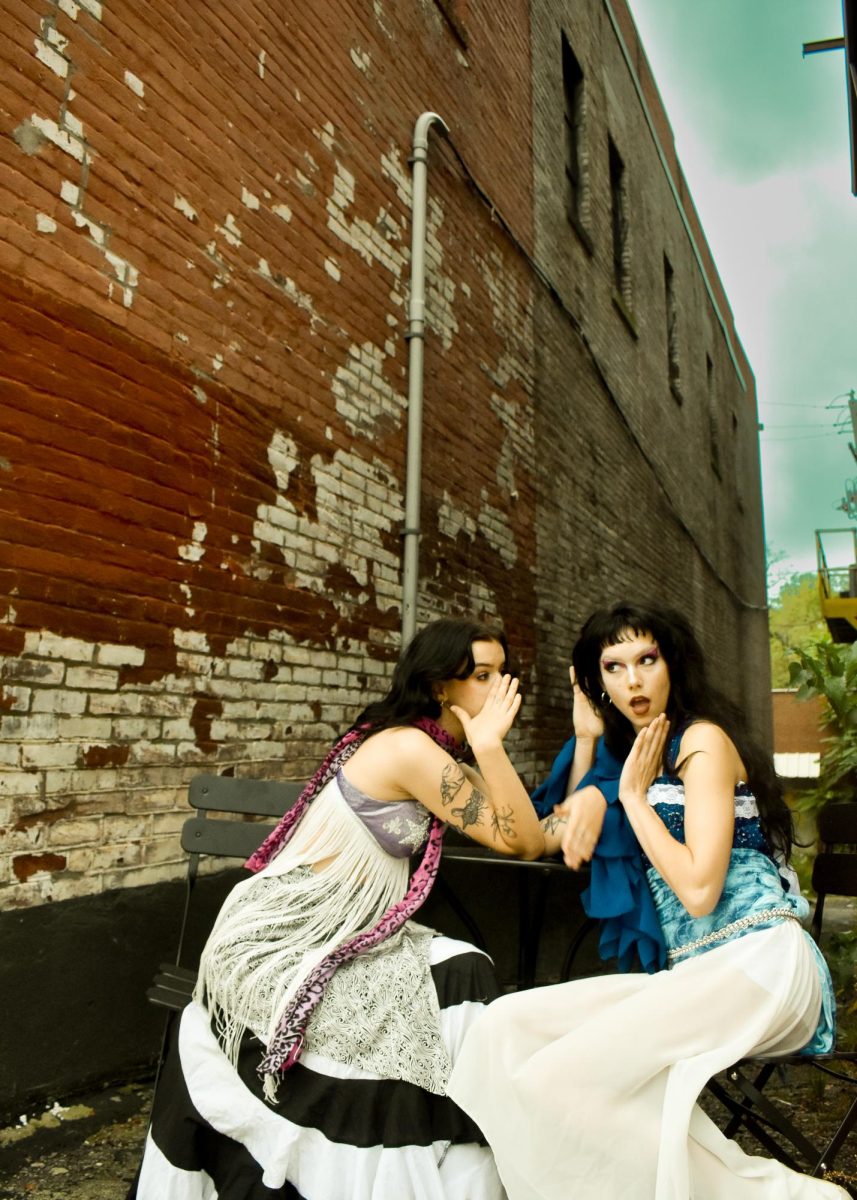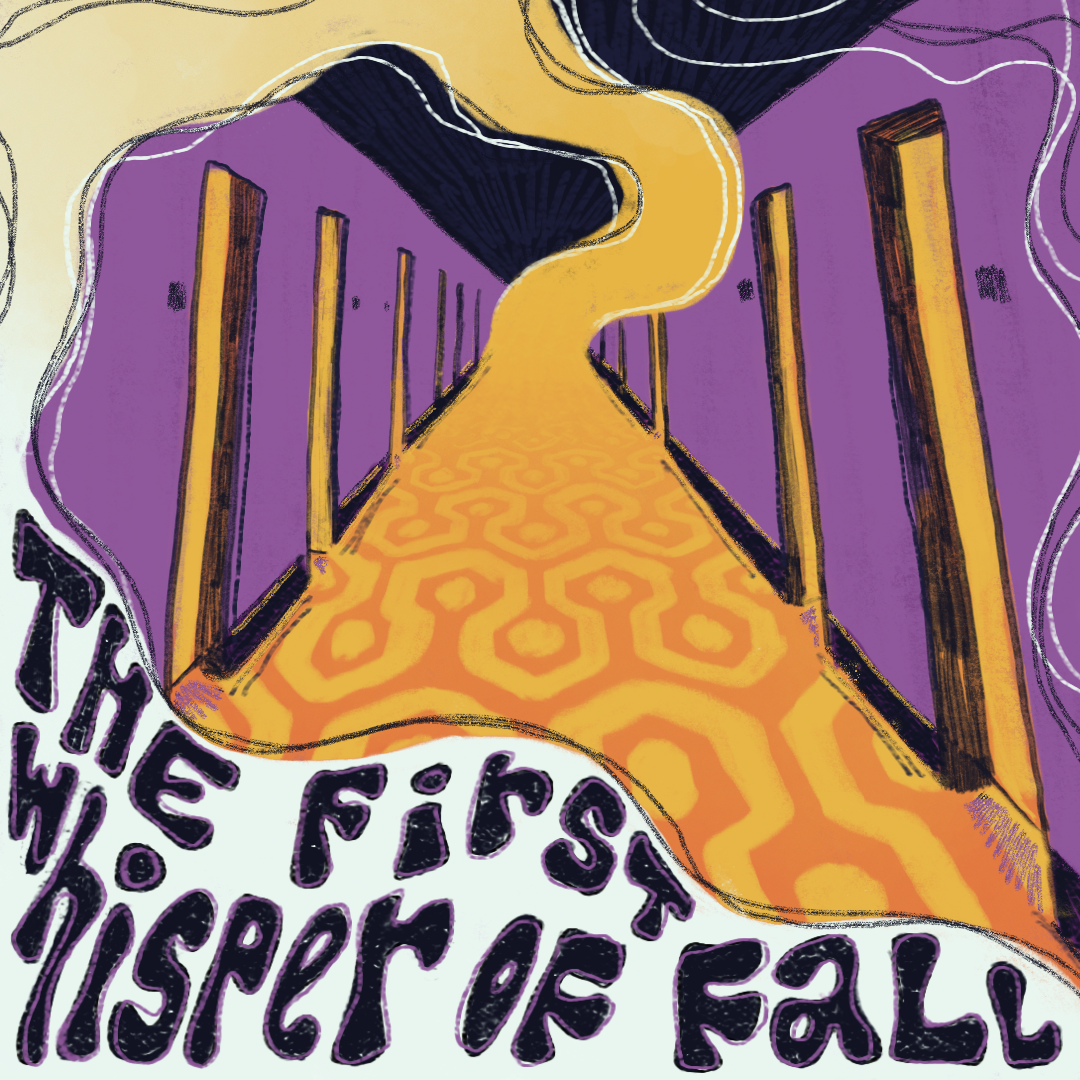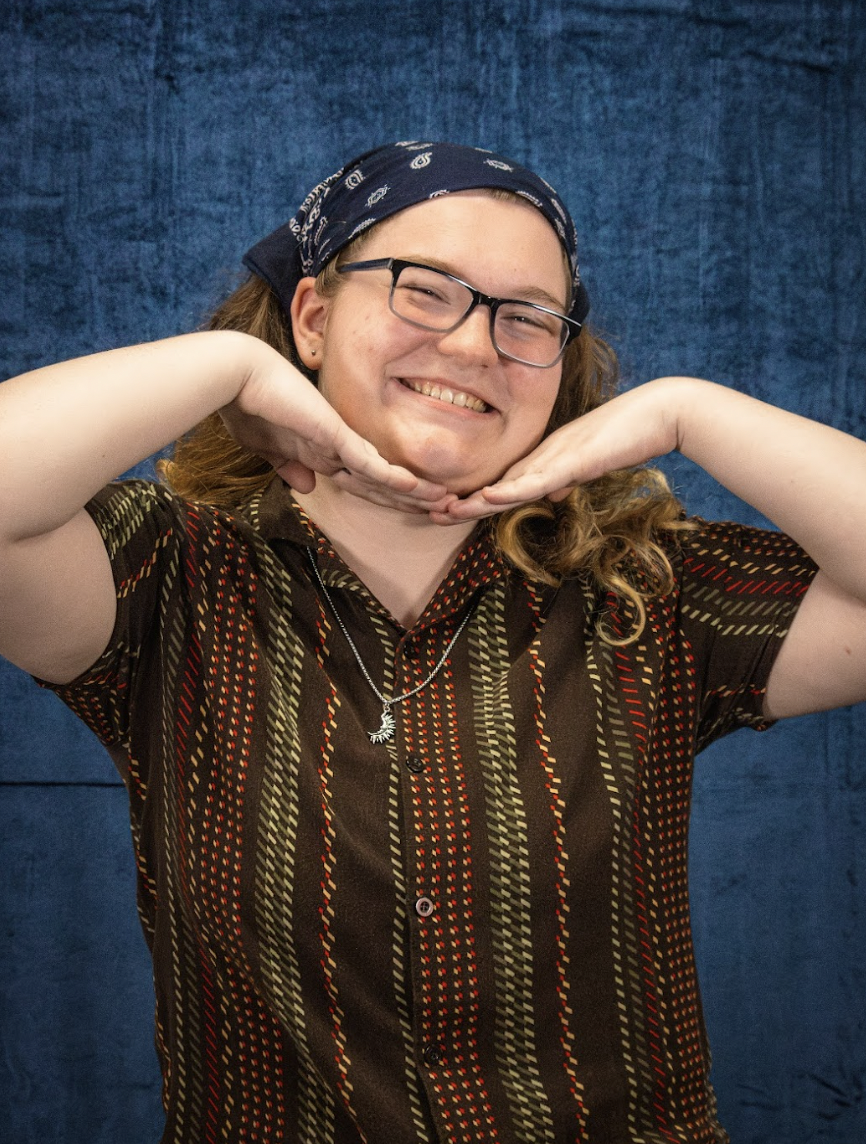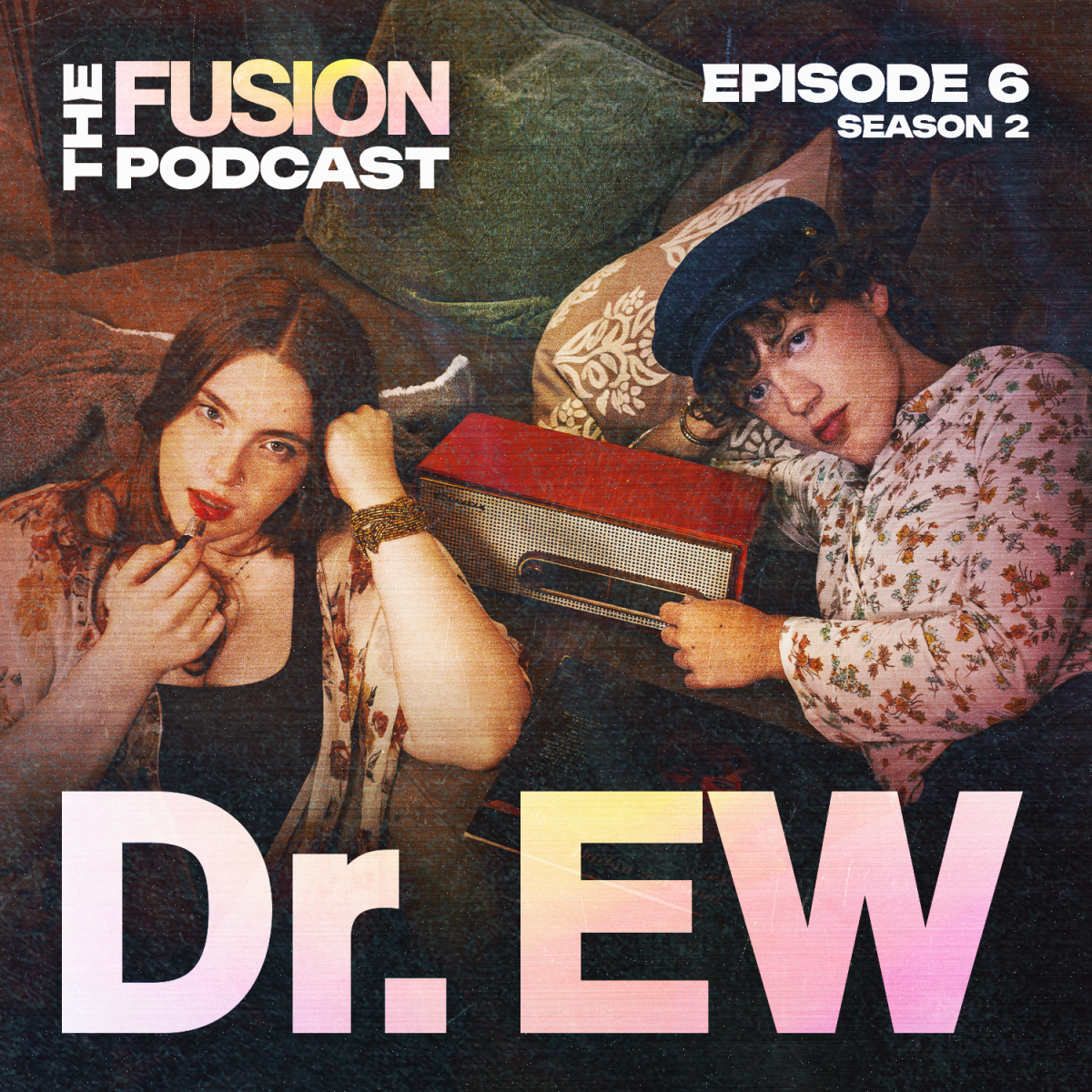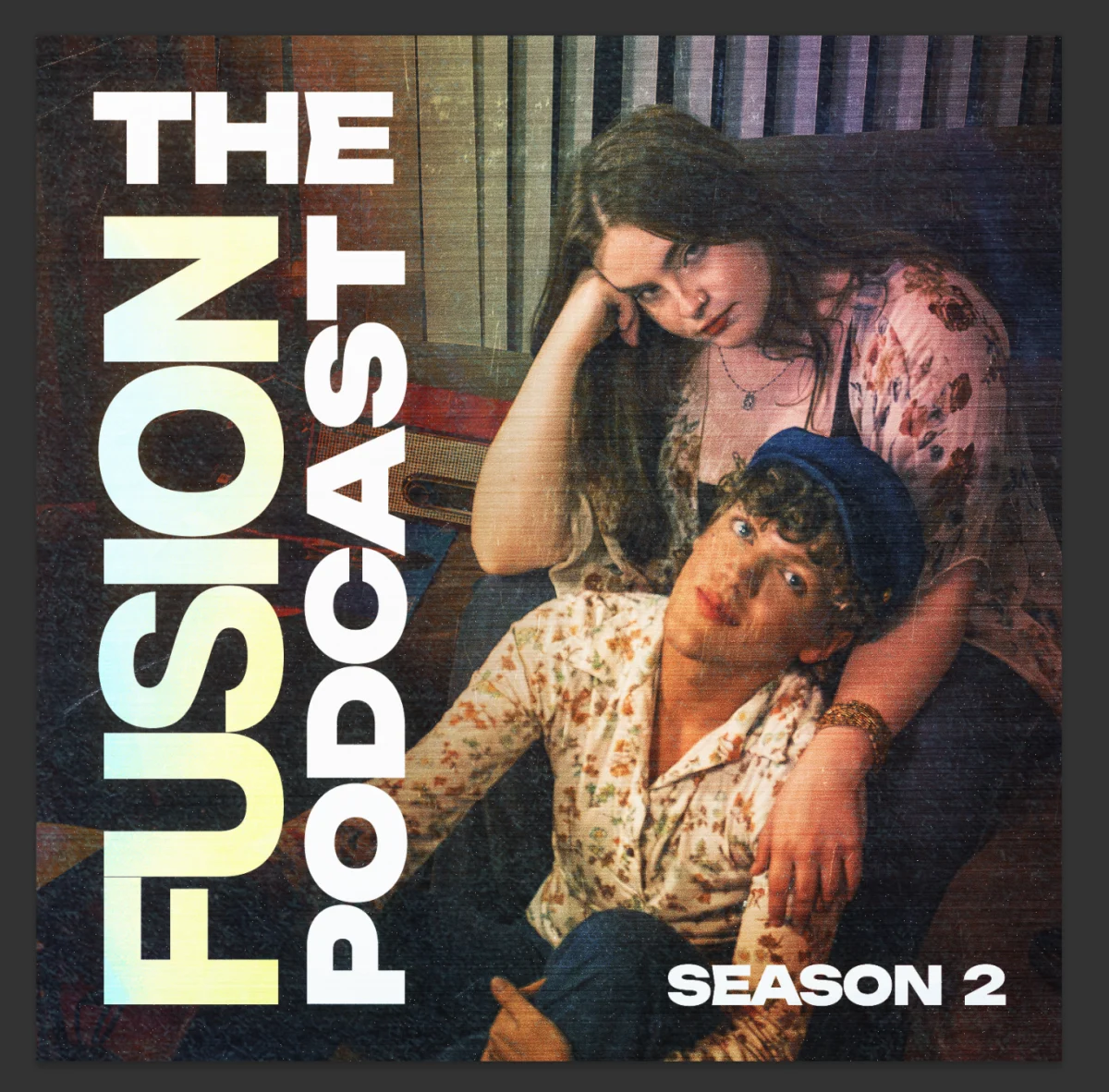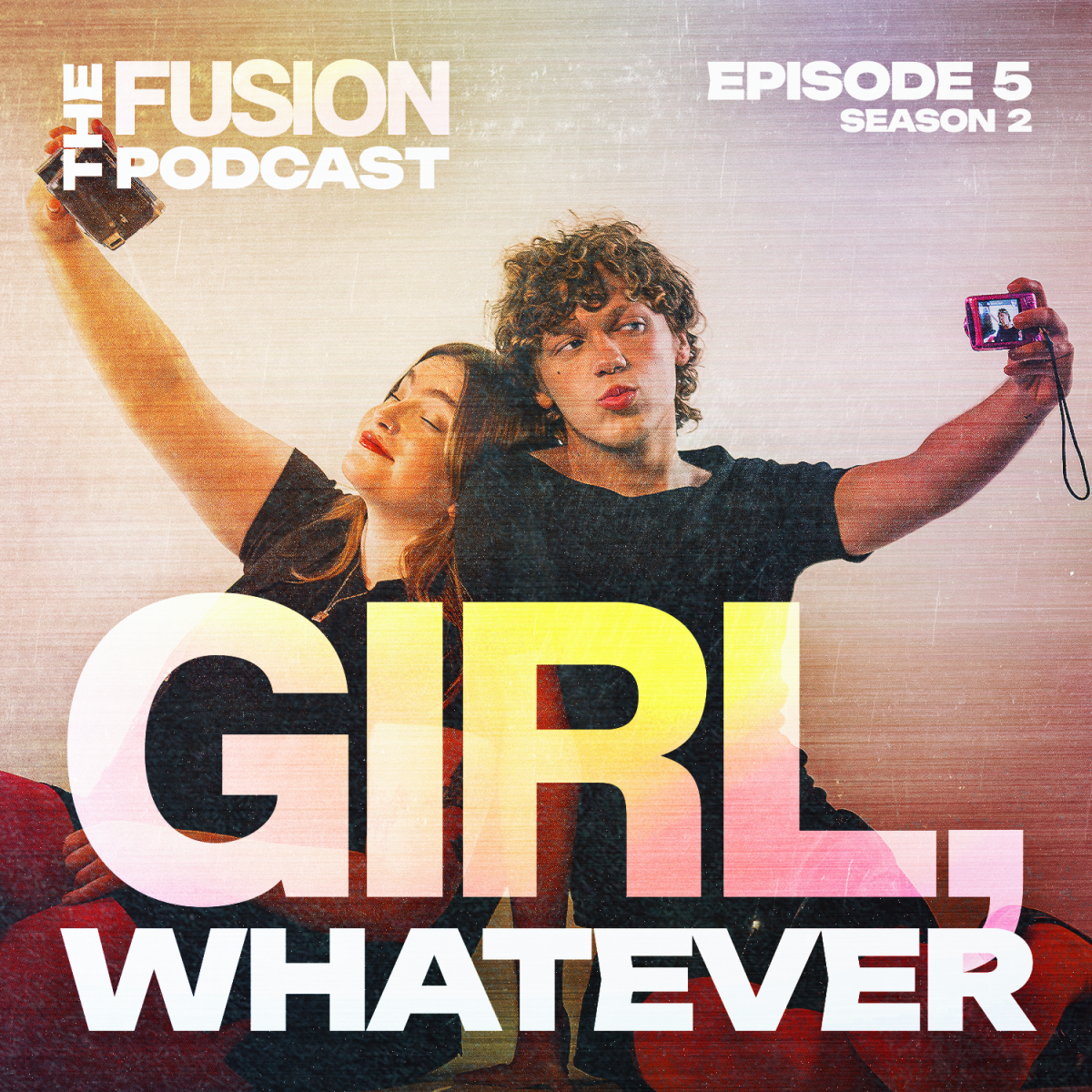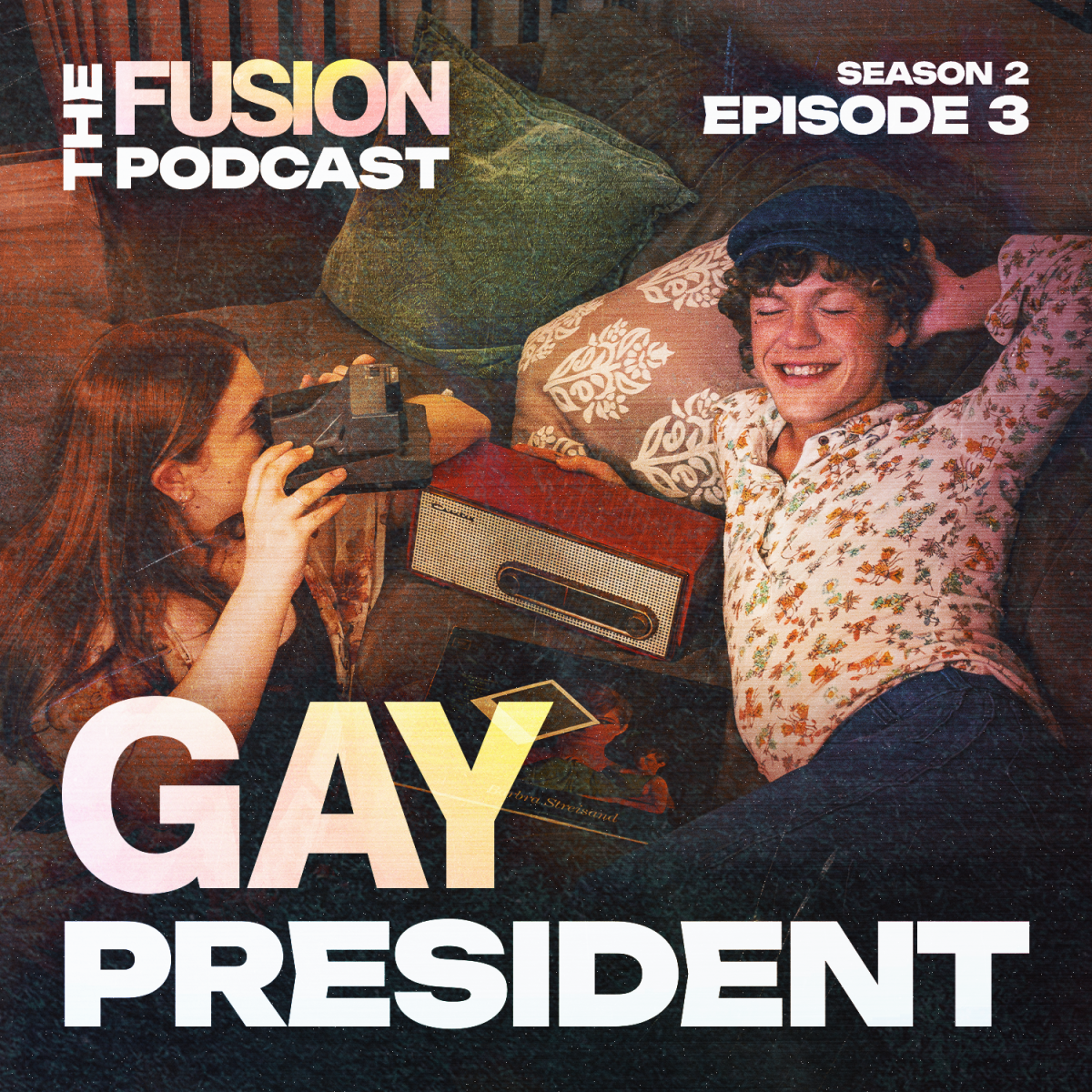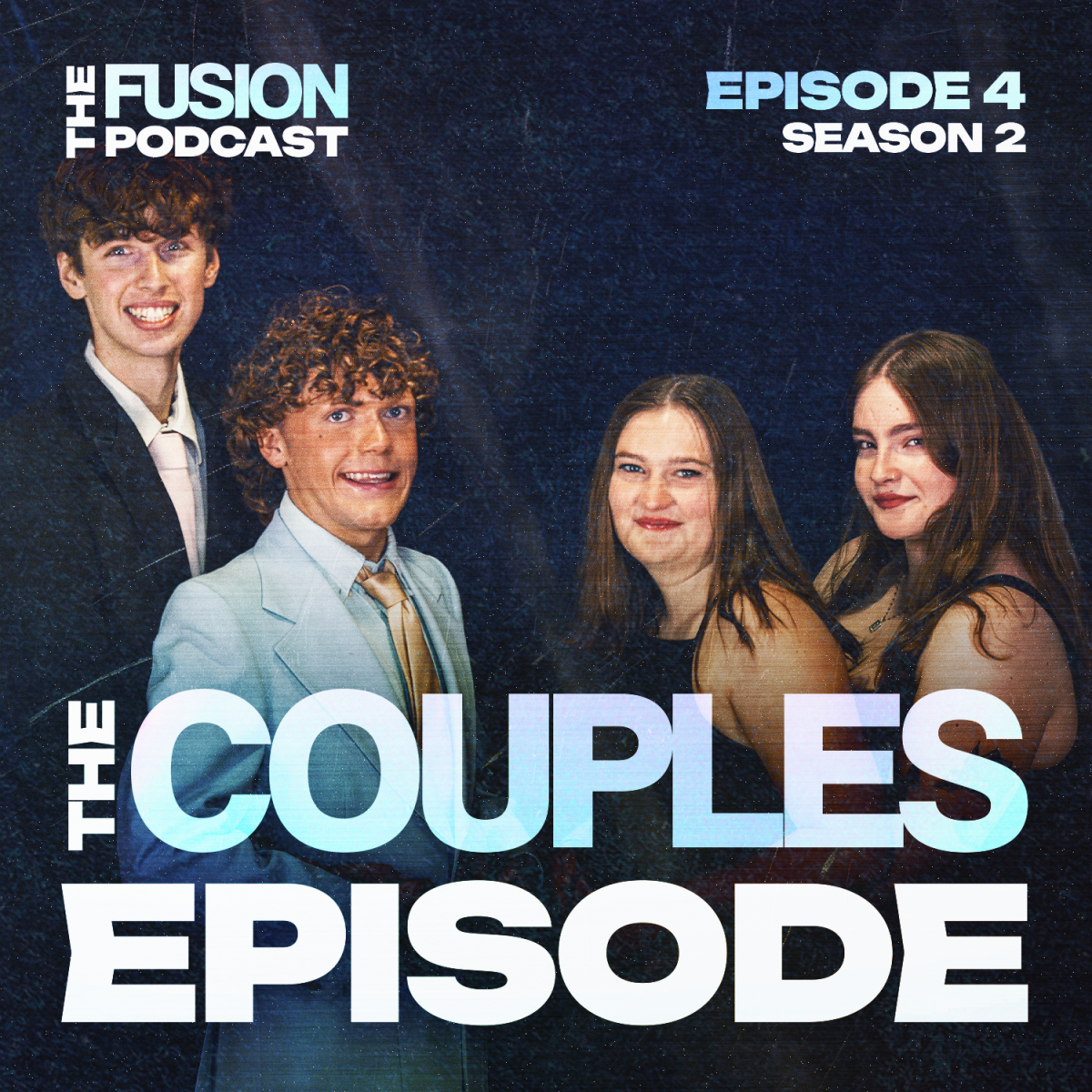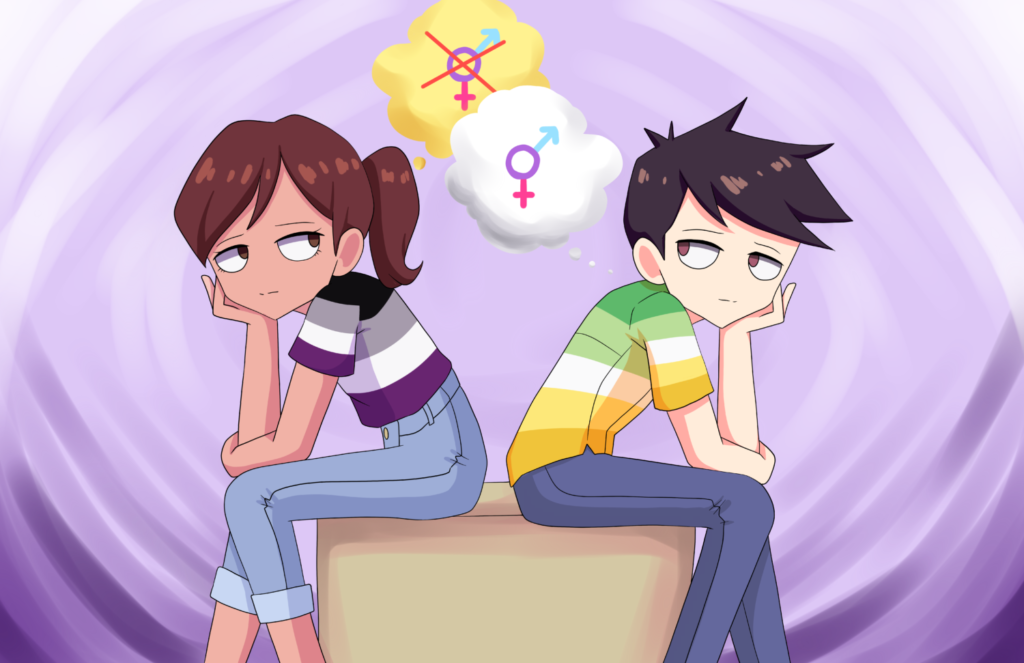
In collaboration with Kent Wired
The Asexual Visibility and Education Network (AVEN) declares on the front page of its website that “unlike celibacy, which is a choice to abstain from sexual activity, asexuality is an intrinsic part of who we are, just like other sexual orientations.”
Asexual people do not feel sexual attraction to other people and those on the gray-asexual spectrum, which includes demisexuality, may feel sexual attraction only in certain cases or to a much lower degree than sexual people.
Some people on the asexual spectrum do choose celibacy. Others are sexually active, for a variety of reasons. However, despite this diversity, the false equivalency between asexuality and celibacy is often perpetuated by those outside of the community due to a lack of understanding.
Katharine Blair, a parent from Toronto, Ontario, identifies as asexual and queer, said “the worrying thing about asexuality is that the hard ‘a’ at the beginning makes people think it means no sex or no interest in sex.”
She was in a relationship for twenty years and had several children with a man who is allosexual, meaning that he does experience sexual attraction. Blair’s asexuality did not have any bearing on the end of their relationship, but she describes that it was sometimes difficult.
“We see things differently. He’s a person who equates sex with love and I’m a person who does not. The biggest struggle is communicating that and just remembering that in the day to day,” Blair said. “To me that seems so simplistic and almost sad, the idea that you would make such a quick line between something that doesn’t matter and something that does matter a lot, and then I have to remember that it does matter to him.”
Blair always wanted to have children, having idolized her mother, who was a “great parent.” She does not associate having children with sex and being asexual never served as a stumbling block in pursuit of parenthood. However, it has revealed a lack of understanding from other parents. She notes that when she brings up asexuality in parenting circles, other parents’ reactions reveal that they’ve never had a conversation with an ace parent before.
“People say things to me like, ‘but you have kids,’ and I think, okay, first of all, every adoptive parent I know is crying right now because you thought there was one way to get kids and you just devalued every other way … It’s a failure to imagine an experience that isn’t yours,” she said.
That failure of imagination is not exclusive to allosexuals. Talia, a writer for AVEN’s publication AVENues, describes the concept of “asexual elitism,” in which the stories of asexual people who do want to engage in sex are usually ignored or written off as having ulterior motives for sex, such as a desire for intimacy or to please a partner. However, a lack of sexual attraction, as asexuality is defined, is not equivalent to a lack of sex drive, or libido.
Talia describes asexuals who do have a libido as “having an itch they want to scratch. They cannot find the right tools for the job, but they’ll use whatever is available because it really itches and they don’t mind the tools at their disposal.” Libido, too, represents a spectrum. Some people have a high or low libido, and for others, libido fluctuates. Asexual people can fall anywhere on that spectrum.
Talia also notes that some asexuals engage in sex simply because “it feels good. If something feels good, why not do it?” Sex feels good, according to Columbia University, due to environmental and psychological stimuli coupled with neurochemical processes that lead to sexual arousal and orgasm. While sexual attraction can contribute to stimulus, so do the physical aspects of sex, which asexual people still engage in when they have sex.
Similarly, neurotransmitters and hormones such as dopamine, prolactin, oxytocin, serotonin, and norepinephrine, are also present when asexual people have sex. This means that sex can be just as pleasurable for asexual people who choose to have it as it is for allosexual people, explaining why some may be inclined to do it.
These distinctions are often difficult to parse out for those questioning whether they might be asexual. A source, who has chosen to stay anonymous because she is questioning whether she is asexual and where on the spectrum she might fall, is currently navigating how the possibility of being on the asexuality spectrum might impact her marriage and the potential for children with her fiance, who she has been with for over six years.
She has never been particularly interested in sex and at first attributed this to her Catholic upbringing. Her parents never gave her the traditional sex talk and she thought that she just wasn’t interested. However, as she and her fiance’s relationship became more serious, she realized her feelings toward sex were more complicated and began exploring the possibility of asexuality. While she and her fiance both agreed to at least wait until marriage, she is still unsure if she ever wants to have sex.
“I’ve seen so many people saying that when you’re married, sex is one of the most important things,” she said. “I’m seeing that it’s one of the more low-priority things to me and I’m realizing that’s a minority opinion.”
She has had extensive conversations about the topic with her fiance, who wants to honor her desires. He said that he would rather abstain from sex than lose their relationship as a whole, which has reassured her as she researches and tries to figure out if and where she fits on the asexual spectrum. She and her fiance also want to have kids together, and she has decided that she’s not against having sex to that end.
“I’m willing to try it once, the whole ‘having kids’ thing, and then maybe after that adopt if I don’t want to go through that again,” she said.
She echoes Blair’s statement about failure of imagination, remembering a conversation with a close friend who could not conceptualize that she and her fiance may live their entire lives without having sex.
She finds that she feels much more ambivalent about it than most people, and said, “If this is something that I never do, I just don’t care. But if I ever do, it’ll just be like, okay, that happened…whatever.”

